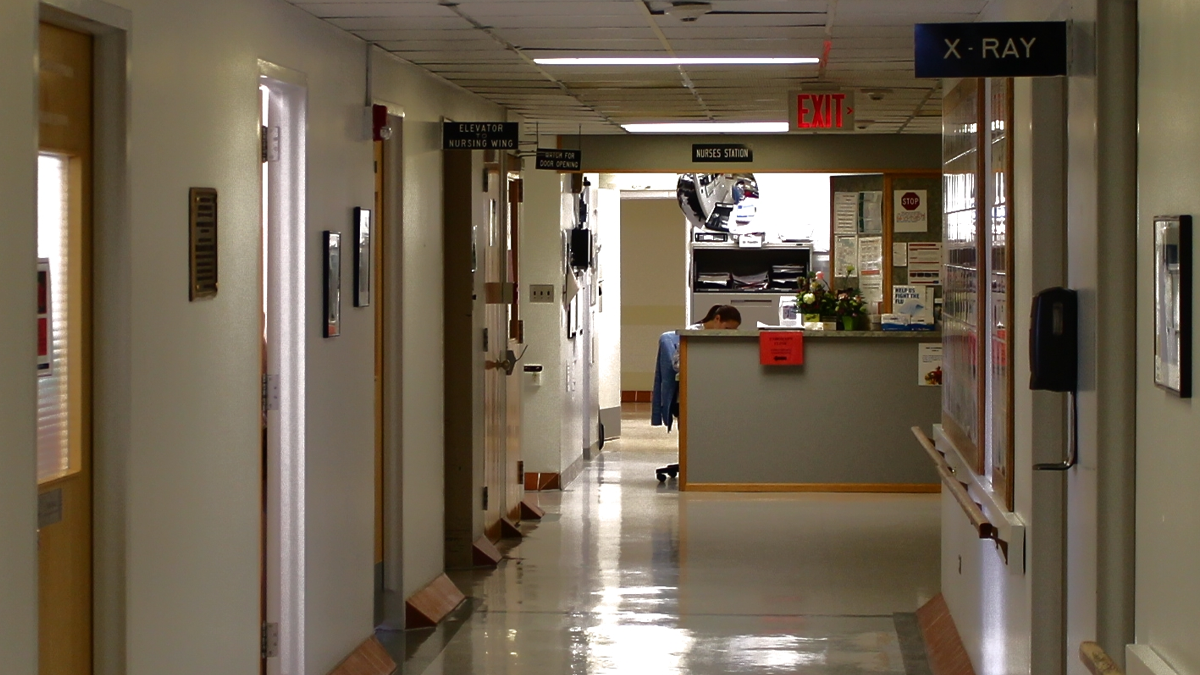A woman from British Columbia traveled to the U.S. to pay for cancer treatments after too long of a wait time now says she is being denied service from the B.C. cancer care system.
In August, Surrey, B.C. resident Sheila Vicic, 60, was diagnosed with Stage 3 colon cancer.
She patiently waited to begin treatment but by October, having no luck, she decided to go south of the border to get chemotherapy from a hospital in Bellingham, Washington.
The treatment cost her US$10,000 but she felt she couldn’t wait any longer to begin her treatment.
Now, Vicic is being denied followup treatment from the BC Cancer Agency because of her decision to go to Bellingham.
After two treatments in Bellingham, Vicic continued seeking treatment from the BC Cancer Agency so she wouldn’t have to travel so far.
“At that point, I asked for a partnership with BC Cancer where I would continue my infusion meds (in Bellingham) because I have an infusion chair,” she explained to Global News.
“And if BC Cancer would support me with the oral meds and they weren’t willing to do that.”
Vicic will ultimately have to have all her treatments in Bellingham.
“I’m kind of appalled that I’m in this position, but I’m not alone,” she said. “I think they’re great people. I think they’re probably passionate about cancer care, but there’s something systemically going wrong.”
“I don’t know if it was explained to me that by declining chemo support in British Columbia that I declined all BC Cancer Support, including the dietitian, the social worker, the counselling services.”
She is receiving treatment from Bellingham’s North Cascades Clinic, a clinic that the B.C. government themselves have referred hundreds of patients to due to an overflowing backlog of patients in B.C.
On Thursday, Health Minister Adrian Dix said the BC Cancer Agency will reach out to anyone who needs cancer care in the province, however he would not provide any further details, citing privacy reasons.
“In this case, we’ll be in touch, of course, as they’re still a B.C. resident in B.C. under the care of B.C. health care,” said Dix.
The BC Cancer Agency released a statement saying that it’s an individual’s primary care provider who is responsible for making referrals to their agency so that they can then provide services on a case-by-case basis.
“We’re a first-world country,” said Vicic. “And we can do better — way, way better, not a little bit better. We can do massively better for the people who need cancer treatment and for the people who need every other, like family doctors.”
Her final round of chemo treatment is scheduled for later this month and additional treatment will be scheduled in 2024.
Vicic admits to having created her own two-tiered healthcare system but says she has no regrets about it now.
“I would just say for me, every week waiting, in my mind, was cancer winning,” said Vicic.
